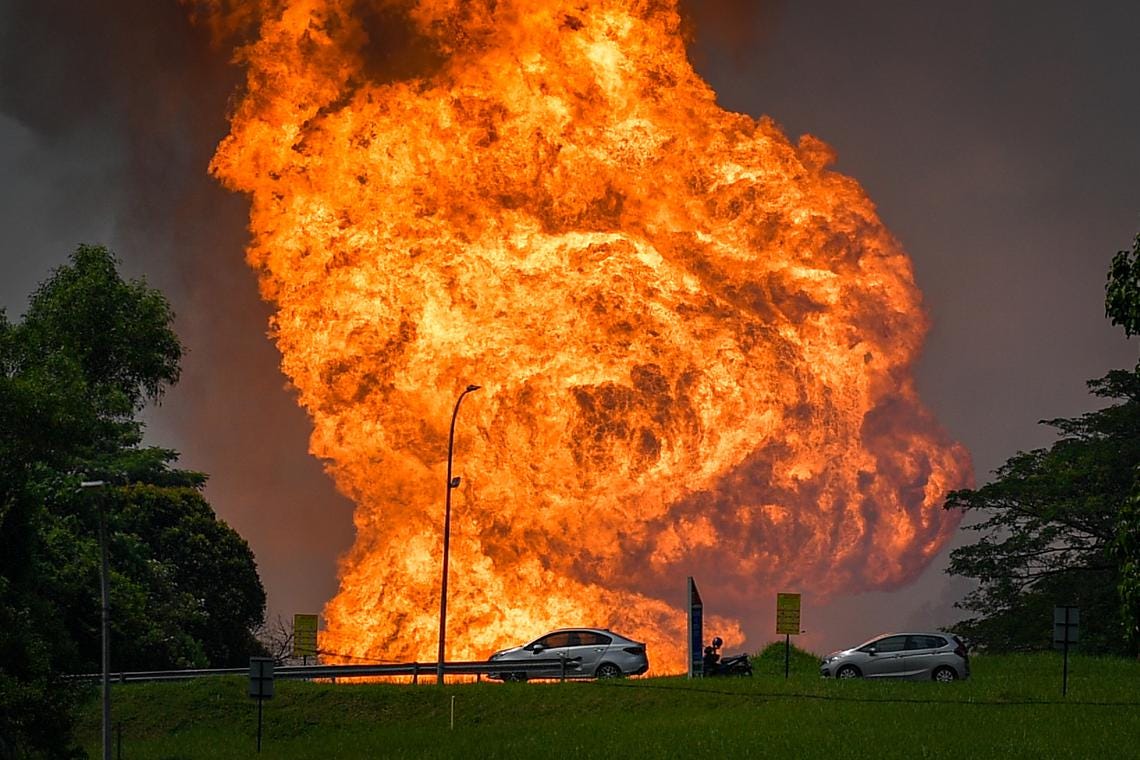
Murray Hunter
Role of places of worship in humanity’s time of need—A lesson for the Madani Government
P Ramasamy
Apr 02, 2025

The forced relocation of the 130-year-old Dewi Sri Pathrakaliaman Temple in Masjid India, Kuala Lumpur, has left a deep scar on the nation’s religious harmony.
The temple, revered by devotees for generations, was unceremoniously labeled “illegal” by Prime Minister Anwar Ibrahim, setting the stage for its removal to make way for the new Masjid Madani.
This decision, driven by political expediency, disregarded the temple’s historical and spiritual significance.
Ironically, just days after this unsettling event, another Goddess Kali temple—Sri Maha Kaliamman in Subang Jaya—demonstrated the true purpose of places of worship: service to humanity.
In the wake of a gas pipeline explosion in Putra Heights, this temple, alongside three local mosques, came forward to assist the injured, offering aid regardless of race or religion.
Their spontaneous solidarity exemplified how temples, mosques, churches, and other religious institutions serve as vital centers for humanitarian relief during crises, whether natural disasters or human-caused tragedies.
Throughout history, places of worship have functioned as more than just religious sanctuaries.
They are community hubs, rallying points for aid, and pillars of support in times of need.
Yet, rather than recognizing and preserving such institutions, the Madani government prioritized political gain over social cohesion.
Anwar had ample time to find a just and inclusive solution for the Kuala Lumpur temple, but his desire to appease a particular religious constituency took precedence over fostering unity.
The lesson here is clear: divisive politics that undermine the sanctity of religious institutions only weaken the fabric of society.
Leaders must understand that these places are not mere structures, but lifelines for communities in distress.
The spirit of compassion and service, as demonstrated by the Sri Maha Kaliamman temple and the three mosques in Subang Jaya, should serve as an example of true leadership—one that transcends race, religion, and political ambition.
If the Madani government truly aspires to be just and inclusive, it must move beyond sectarian politics and recognize the invaluable role religious institutions play in building a compassionate and united Malaysia.
P. Ramasamy
Chairman, Urimai
March 2, 2025
There was an image of a Muslim man praying in the Hindu Kuil near the gas fire incident. That should be the way.....everywhere. Mosques should not bar non-Muslims from entering to pray, especially if the Mosque is also a holy place to the non-Muslim.
ReplyDelete